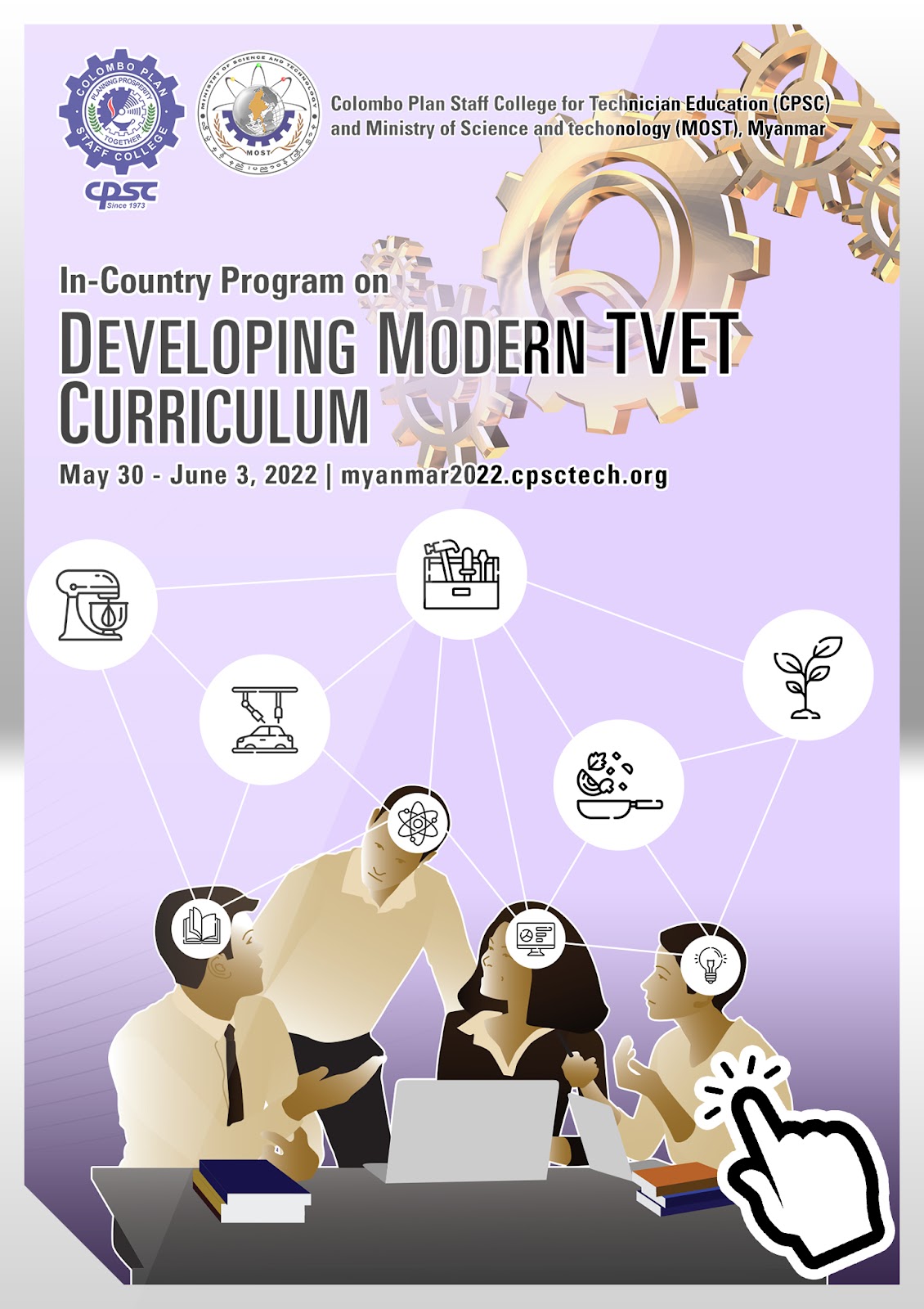
Program Type: In-Country Program /
Main Contents
Special Lecture: Skills Development for the Post-COVID Digital Economy. This special lecture will contribute to ongoing discussions on how the pandemic and emerging technologies are transforming job markets, determining new skills sets requirements and driving the digital economy.
Theme Papers
- Theme Paper 1: Understanding Competency-Based Training. The first theme paper provides an overall understanding of key CBT concepts and practices. Definitions of competence, qualifications, and qualifications framework as well as CBT processes and structures will be discussed.
- Theme Paper 2: Identifying Priority Occupations. The second theme paper discusses this first stage of CBT and its two steps: skills needs assessment and training needs analysis. Skills needs assessment identifies the differences between the skills required – by whom, for what job, for which product or service market, in what quantity, and when – and the training available – for which population, at what cost, for what job and for which product or service market. Training needs analysis refer to the technical and vocational skills gaps that need to be addressed to employment in the labour market.
- Theme Paper 3: Identifying competencies. The third theme paper explains the three-step process of identifying the competencies and competency standards that will later be used by learners and training providers. The steps include: (a) identifying competencies using occupational analysis; (b) verifying the occupational profile; and (c) developing competency standards.
- Theme Paper 4: Designing CBT Programmes. The fourth theme paper illustrates the actual processes of designing CBT programmes. The paper describes the procedures of developing curriculum and learning tools as well as the designing CBT for workplace-based learning
- Theme Paper 5: Developing a Curriculum Framework. The fifth theme paper explains how competency standards are transformed into a curriculum framework. The framework consists of the module design with learning outcomes and content, teaching and learning strategies, assessment criteria and modes of assessment. The paper also details the translation of the curriculum framework into learner guides that will form the basis of training delivery. Instructions on designing job sheets and session plans will also be tackled in this paper.
Group Work
- Group Work 1. Brainstorming on the Implications of the Digital Economy Megatrends to Skills Demand and Supply
- Group Work 2. Developing a DACUM Chart
- Group Work 3. Writing a Unit of Competency
- Group Work 4a. Writing Program Design
- Group Work 4b. Writing Learning Outcomes
- Group Work 4c. Developing Learning Tools
- Group Work 5: Presenting the Curriculum Framework





